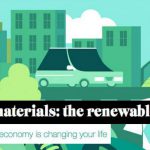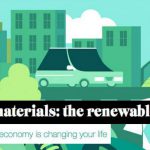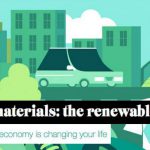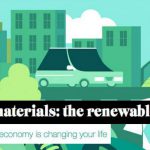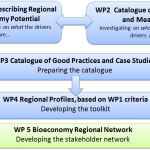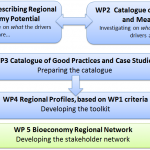BioCannDo Factsheet: Bio-based insulation materials
BioCannDo aimed to increase awareness of bio-based products – products partly or wholly made of biomass – and informed about potential and long-term benefits of a vibrant bioeconomy sector to the wider public. It also offered a platform for feedback, interaction and engagement in the wider discussion on the value of a bio-based economy.
BioCannDo developed multi-stakeholder proven key messages for communicating functionality and sustainability aspects of bio-based products with the general public. A dedicated factsheet and additional communication materials are available for each of three product groups: household cleaning products, insulation materials, food packaging). A fourth factsheet describes key messages on the bioeconomy in general.

